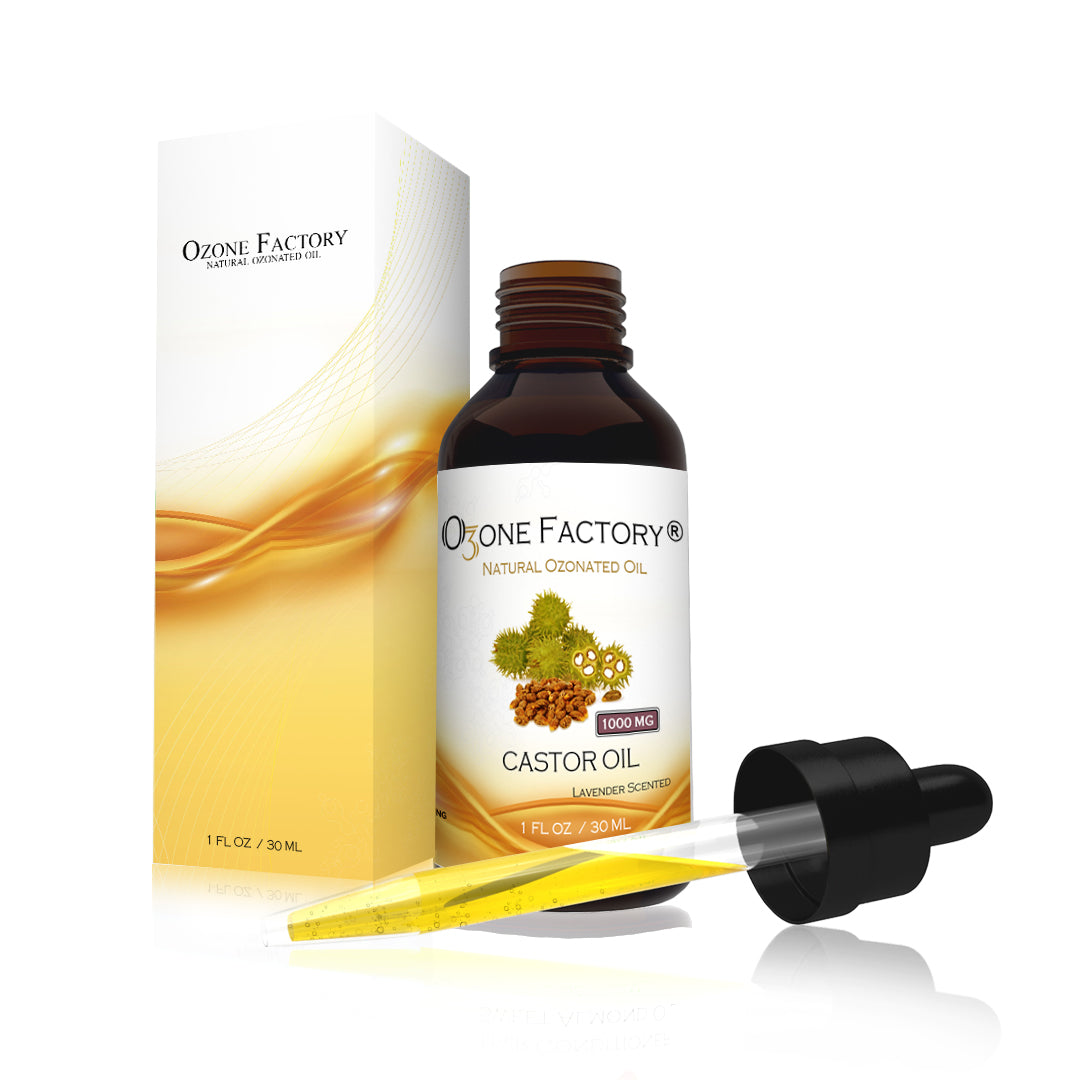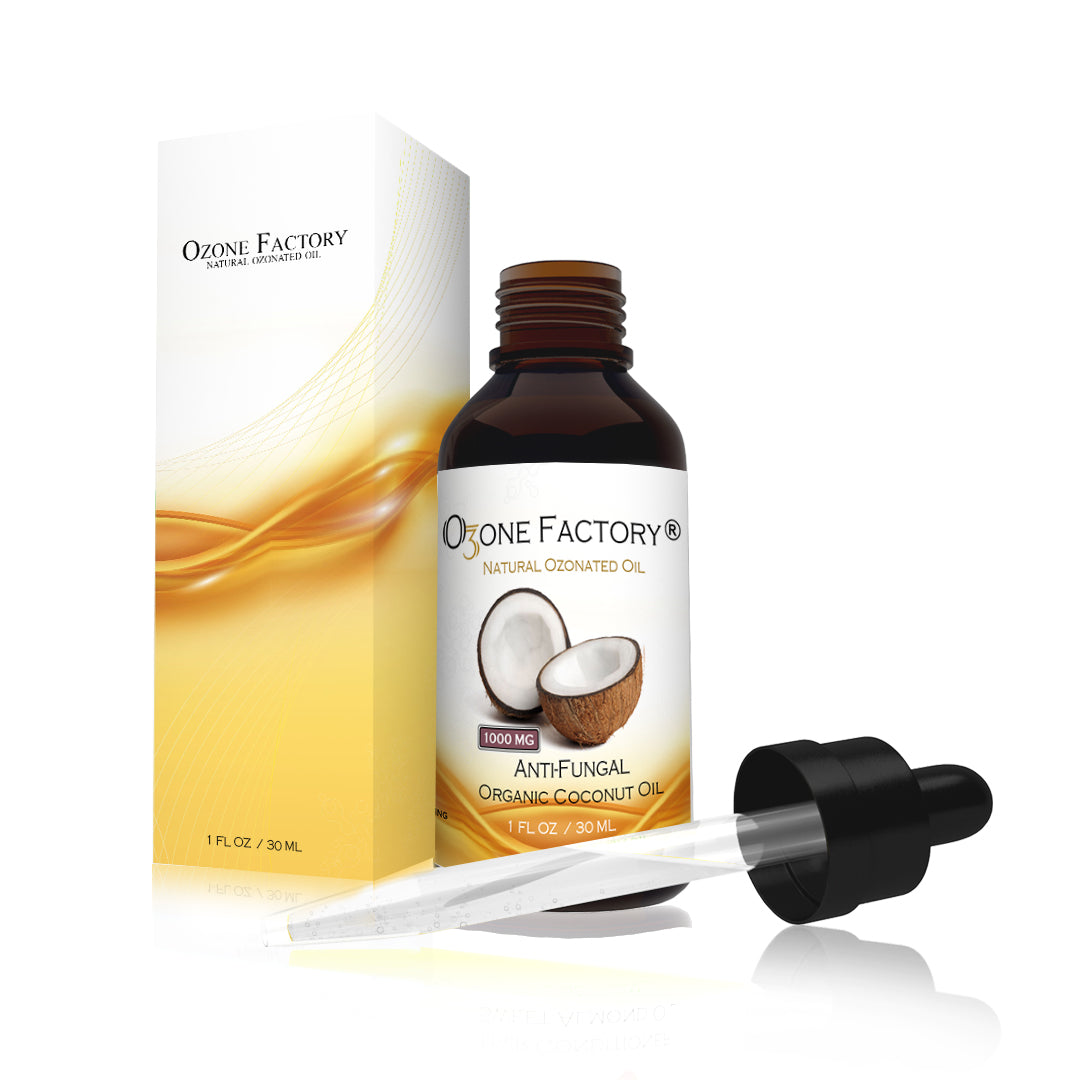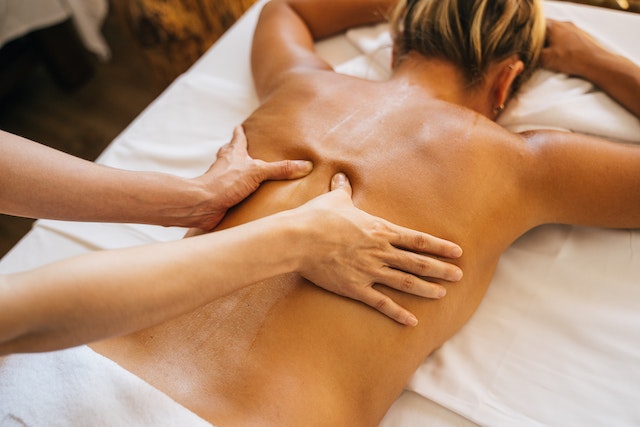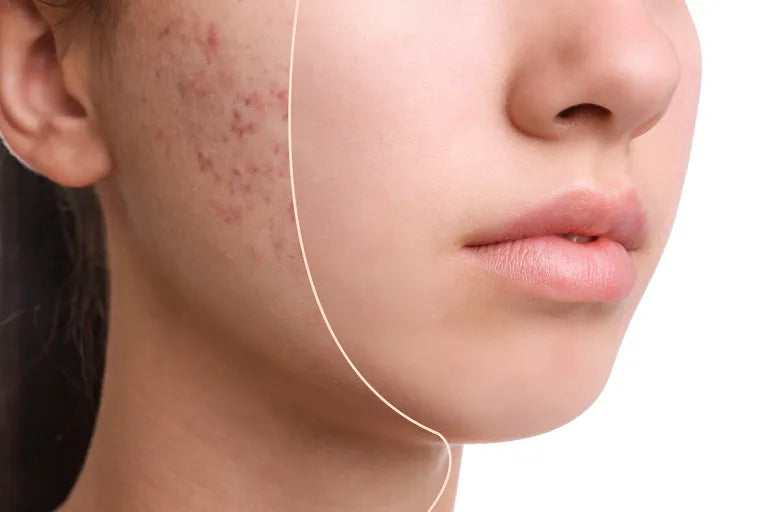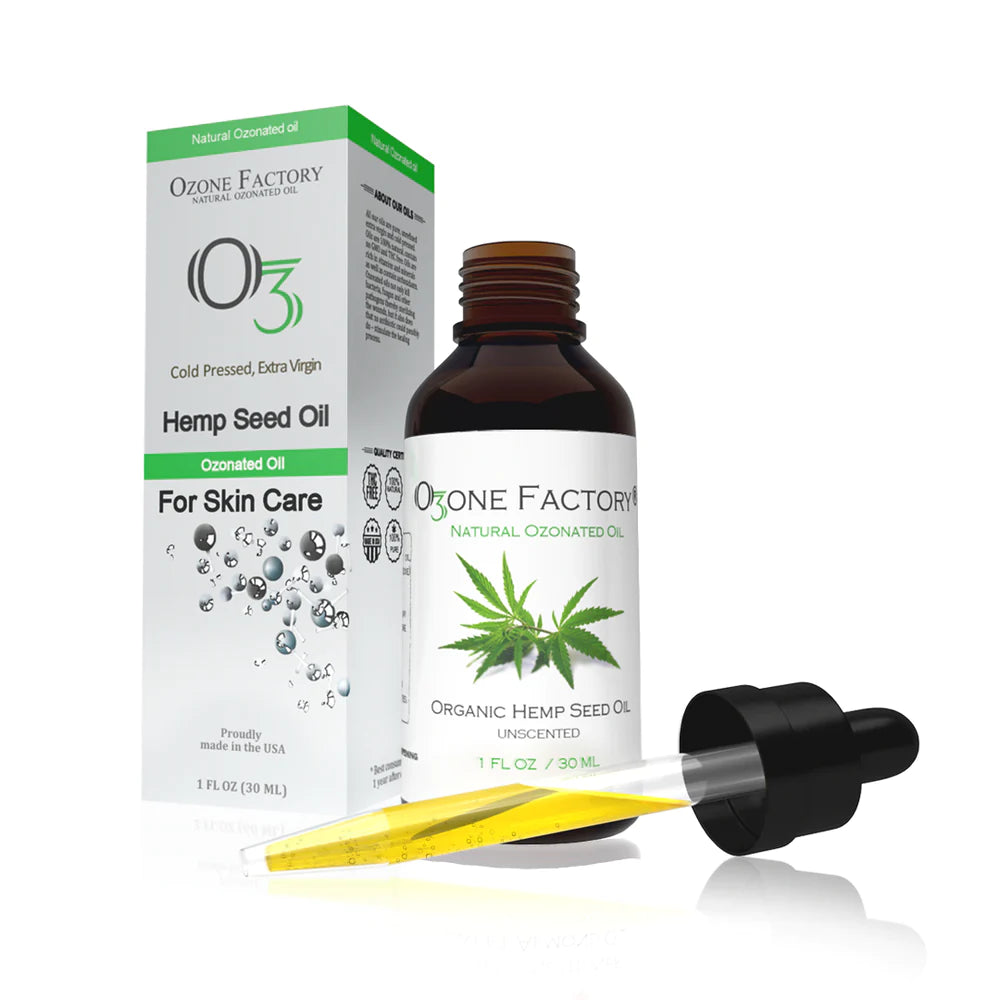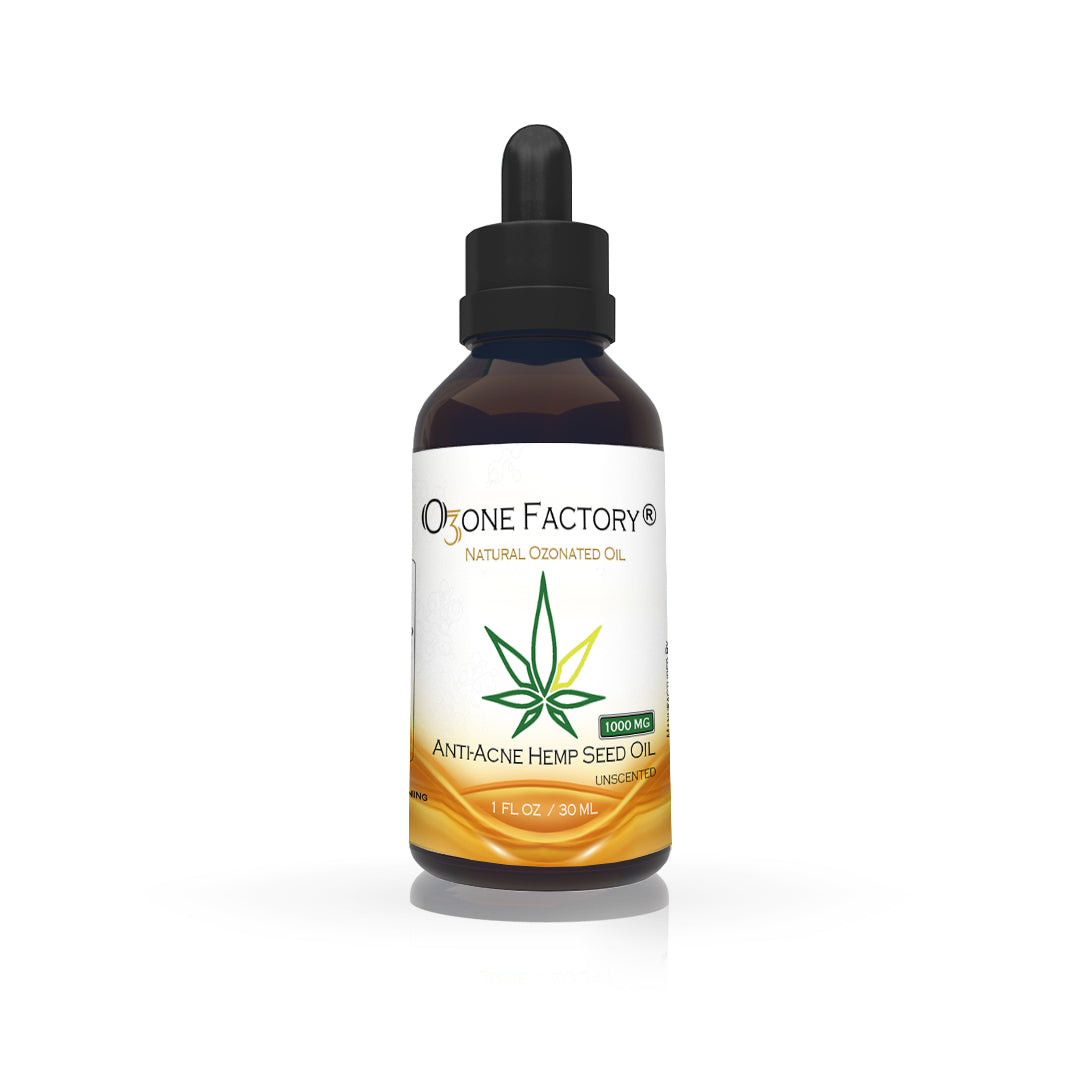
The process of applying makeup is almost therapeutic. But when it comes to removing it at night before bed, we all wish it would just magically disappear. But, just like how the application requires proper time and attention, the process of removing makeup — so the skin can repair itself at night — is equally important.
Many makeup removers are filled with chemicals, but there are many natural alternatives available too. There is no need to mix too many things and make your makeup remover, as it can be simply done with particular oils that work wonders, while also nourishing your skin. In fact, the oil cleansing method is known to be the most effective way to cleanse the skin naturally.

How Does Oil Clean Your Skin?
Oil cleansing works because the oil you use to cleanse with bonds to the oils and dirt on your skin. The oil also acts as a barrier to protect your skin, and keeps it soft and moisturized.
Traditional facial cleansers can strip the skin of all bacteria, good and bad. Oil cleansing leaves the good bacteria and microbes, which can help prevent skin infections like acne.
Benefits of oil cleansing
The reasoning behind slathering your face in oils in the name of cleansing stems from the idea that “like dissolves like.” In other words, putting clean, nourishing oils on your skin aims to help:
- lift excess sebum, the oily substance produced by glands on your skin;
- clean out clogged pores, like blackheads and whiteheads;
- remove dead skin, pollutants, and makeup.
Traditional cleansers can irritate your skin, cause excessive dryness, exacerbate acne, and ultimately lead your skin to produce more oil after washing. Oil cleansing, on the other hand, can help balance the skin and lock in hydration.
Using oils instead of traditional soap or detergent cleansers can also help protect the natural lipid layer of the skin and the “good” bacteria that live there.
Oils used for cleansing may also have other skin benefits, though research specifically exploring oil cleansing remains limited. For instance:
- A 2010 study of 28 university students found evidence to suggest cleansing oil could have benefit for dry or mature-looking skin.
- A 2017 study of 60 adults and children found that bath oil, used every other day for a month, seemed to promote better skin barrier function and relieve dry skin more effectively than oil-free cleansers.
What Kind of Oil to Use
You shouldn’t use just any oil when it comes to your skin. It’s important to choose the right oil for your skin type. People who have oily skin should go for an oil that contains a high amount of linoleic acid. If you have dry skin, try an oil that has lots of oleic acid.
There are lots of plant-based oil options for cleansing your skin, each with its own set of benefits.
Ozonated olive oil. This oil is anti-inflammatory, promotes antioxidant activity, helps heal wounds, and helps to protect against skin cancer. Ozonated olive oil is high in oleic acid, so it’s great for dry skin.
Grapeseed ozonated oil. Grapeseed ozonated oil is rich in linoleic acid and vitamin E. It’s also high in antioxidants and is antibacterial.
Ozonated coconut oil. Ozonated coconut oil can act as a natural sunscreen, protecting your skin from harmful ultraviolet B (UVB) rays. It’s also antifungal, antibacterial, anti-inflammatory, prevents aging, and helps wounds heal faster.
Safflower ozonated oil. Safflower ozonated oil has anti-inflammatory properties and is high in linoleic acid.
Sweet almond ozonated oil. Sweet almond ozonated oil can improve your skin tone and delay signs of aging.
How often should you oil cleanse?
It’s best to oil cleanse only once a day, instead of every time you wash your face. You can also do it less frequently as a special treatment.
Wondering about the best time of day for this skin care step? Aim to oil cleanse at night to help clean and hydrate your skin before bed.


